3-Day Local Family Adventure: Sightseeing & Outdoor Fun in Puerto Rico
Puerto Rico
3 days
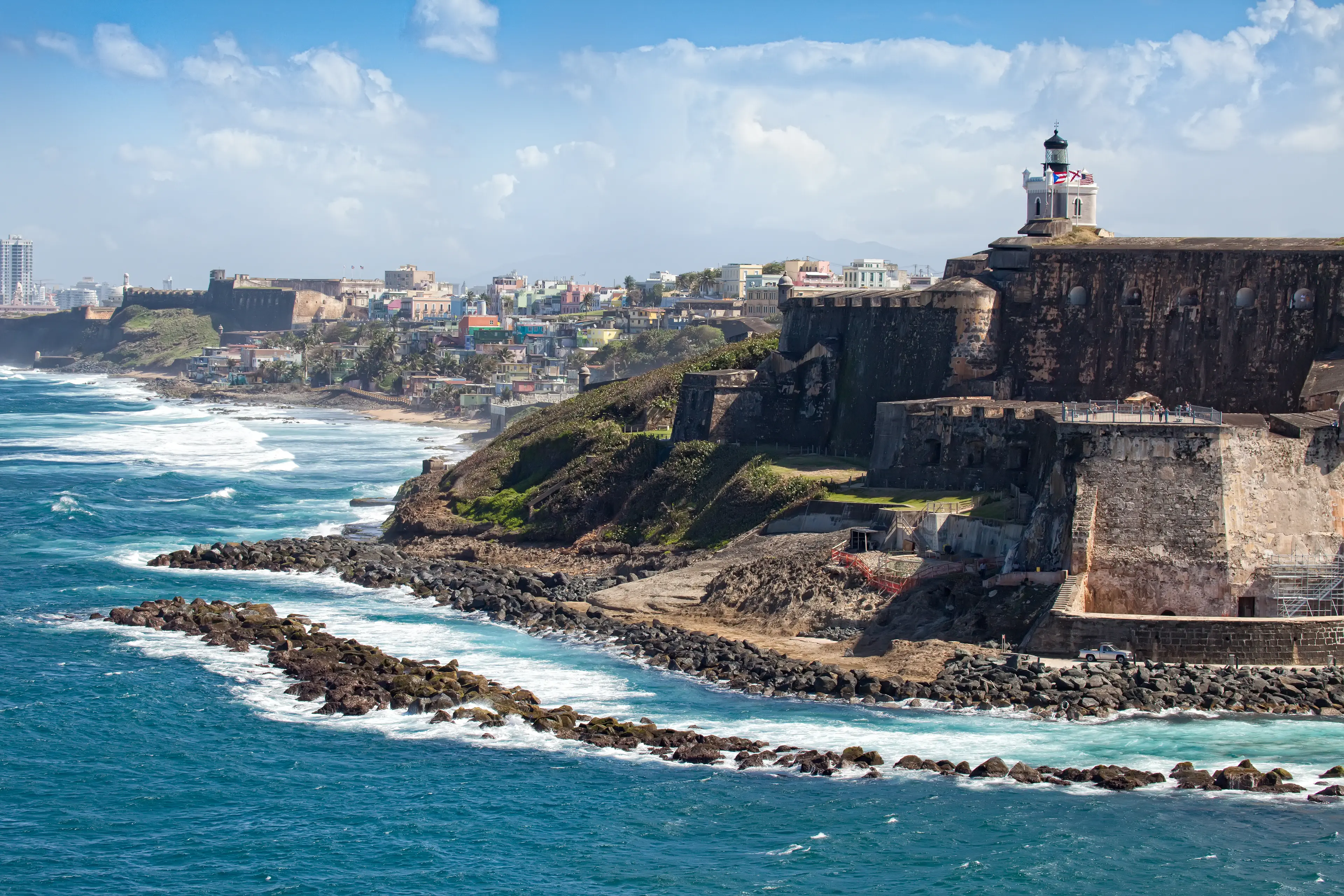

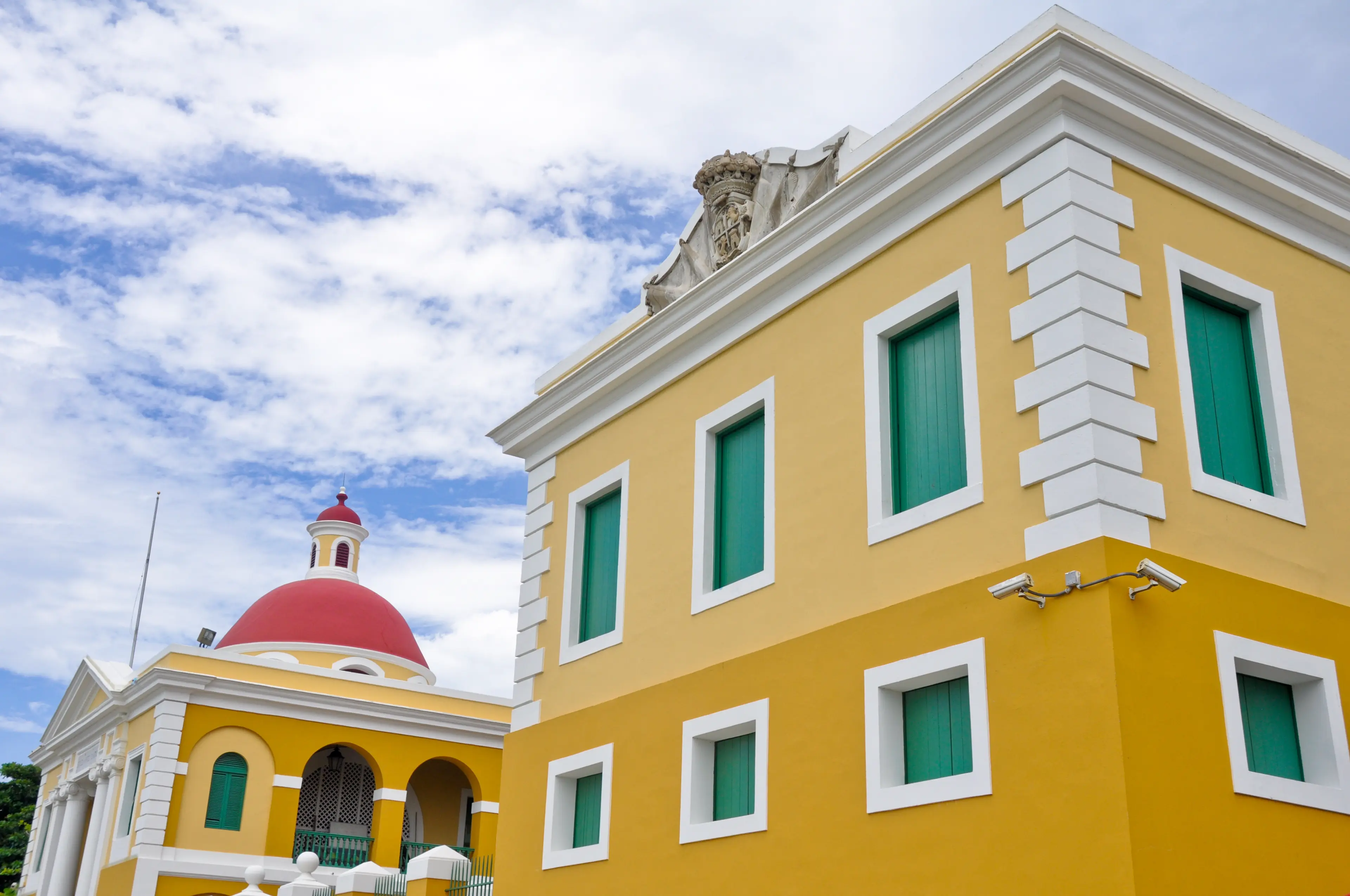
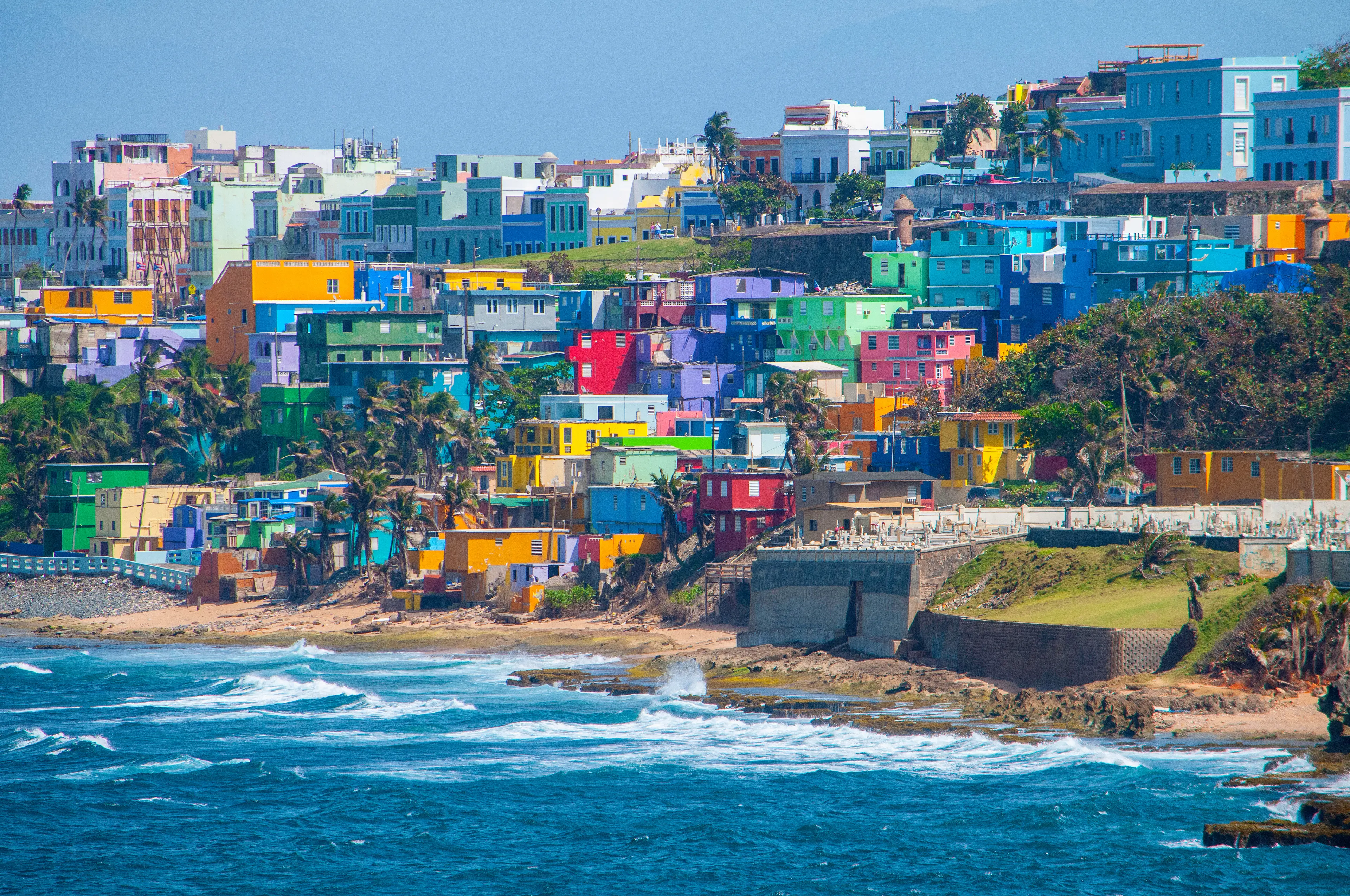
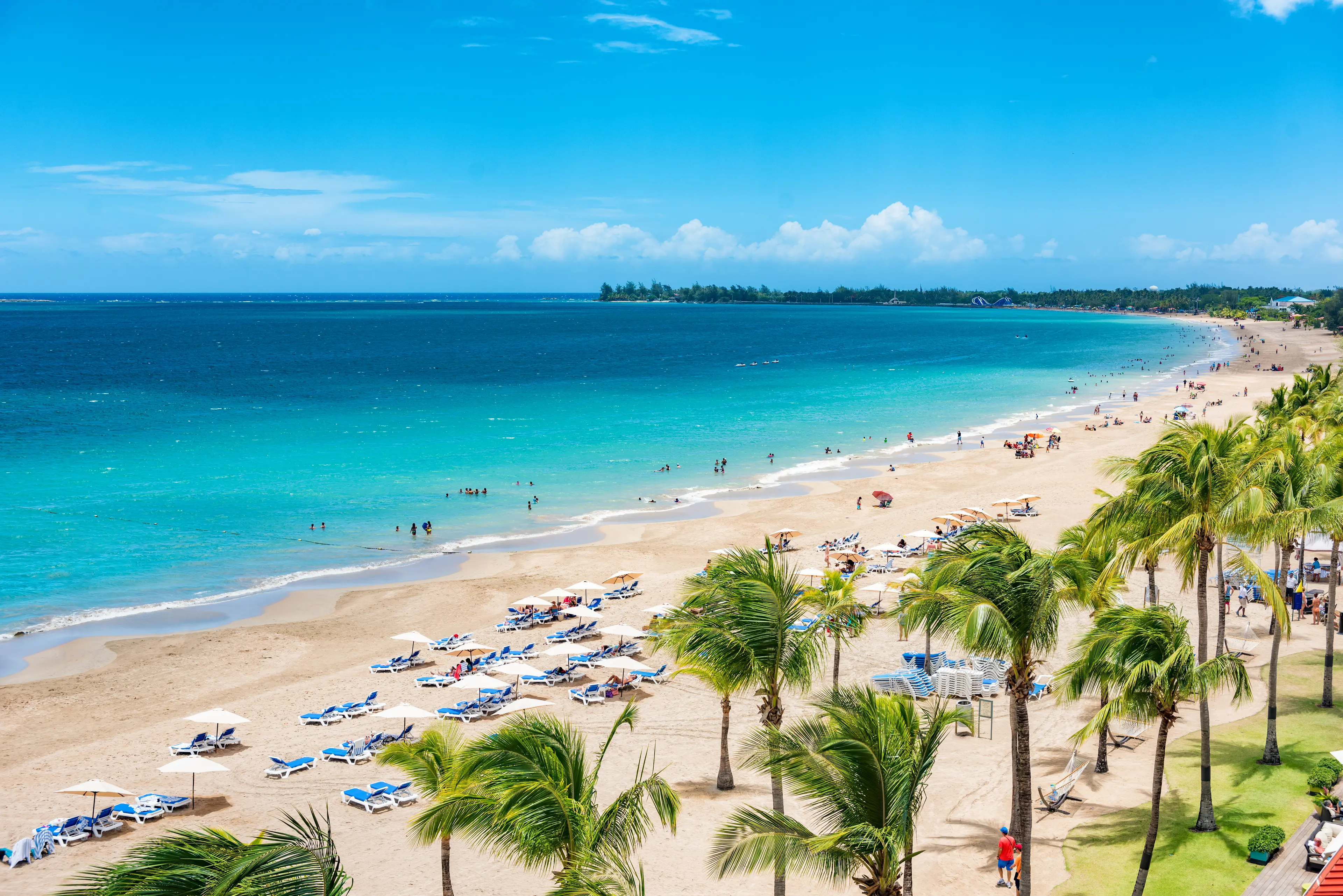
About Puerto Rico
Discover the enchanting island of Puerto Rico, a Caribbean gem offering a blend of tropical beauty, rich history, and vibrant culture. Explore the cobblestone streets of Old San Juan, a UNESCO World Heritage site, adorned with colorful Spanish colonial buildings. Experience the bioluminescent bays in Vieques, a natural wonder that will leave you spellbound. Indulge in the local cuisine, a flavorful fusion of Spanish, African, and Taino influences. Enjoy the pristine beaches, lush rainforests, and the majestic El Yunque National Forest. Whether you're a nature lover, history buff, foodie, or beach enthusiast, Puerto Rico offers a diverse range of experiences. Don't miss the lively festivals, showcasing the island's music, dance, and traditions. Puerto Rico, where the warmth of the people is as captivating as the island itself.
3-Day Itinerary
Day 2
Cave and Observatory Visit in Camuy and Arecibo
Morning
Start your second day with a visit to the Rio Camuy Cave Park, one of the largest cave systems in the world. The park offers guided tours that take you through the caves and the surrounding tropical forest.
Lunch
Enjoy a picnic lunch in the park. Pack a traditional Puerto Rican sandwich, like a tripleta, which is made with three types of meat: ham, roasted pork, and steak.
Afternoon
After lunch, head to the Arecibo Observatory, the world's largest single-dish radio telescope. The observatory offers guided tours that explain the science behind the telescope and its role in space exploration.
Dinner
For dinner, try a traditional Puerto Rican barbecue. Popular dishes include pinchos, skewers of marinated meat, and churrasco, a grilled steak dish.
Evening
End your day with a visit to the Cueva Ventana, a large cave that offers stunning views of the Puerto Rican countryside. The cave is lit up at night, making for a unique and beautiful experience.
Day 3
Rainforest and Beach Day in El Yunque and Luquillo
Morning
Start your final day with a visit to the El Yunque National Forest, the only tropical rainforest in the United States. The forest offers a variety of hiking trails, waterfalls, and wildlife viewing opportunities.
Lunch
Enjoy a picnic lunch in the forest. Pack a traditional Puerto Rican sandwich, like a medianoche, which is made with sweet bread, ham, and cheese.
Afternoon
After lunch, head to the Luquillo Beach, a popular beach known for its calm waters and beautiful views. Spend the afternoon swimming, sunbathing, or simply relaxing on the beach.
Dinner
For your final dinner, enjoy a meal of traditional Puerto Rican cuisine. Try dishes like arroz con gandules, a rice and pigeon peas dish, and pastelillos, fried turnovers filled with meat or cheese.
Evening
End your trip with a visit to the Fajardo Lighthouse, a historic lighthouse that offers stunning views of the Caribbean Sea. The lighthouse is a great spot for stargazing and enjoying the peaceful surroundings.
Attractions in Itinerary (9)
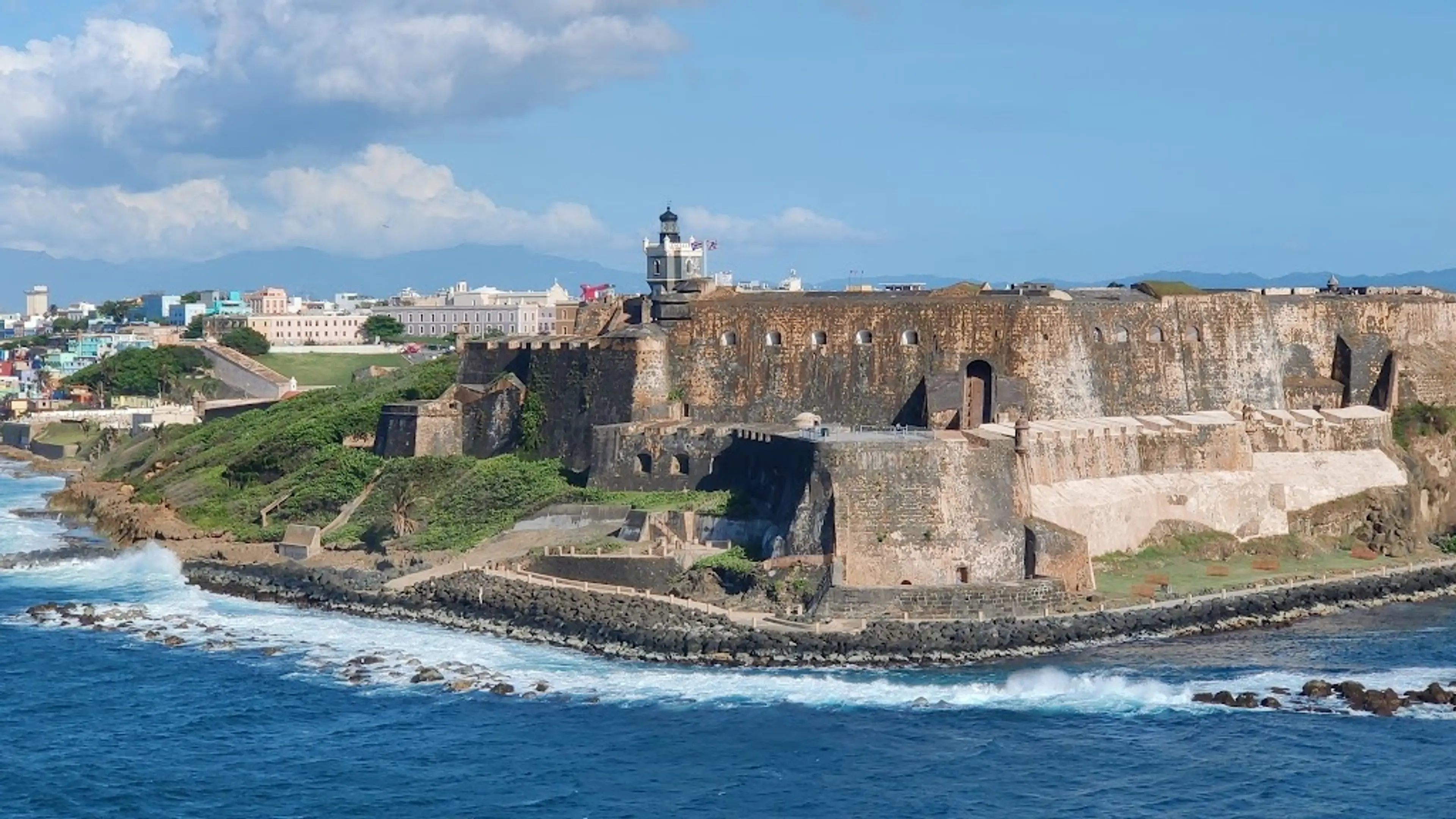
1El Morro Fortress
A 16th-century citadel that offers panoramic views of the San Juan Bay and the Atlantic Ocean.

2Old San Juan
Old San Juan is a historic district of San Juan, Puerto Rico, containing many colonial buildings and fortresses.
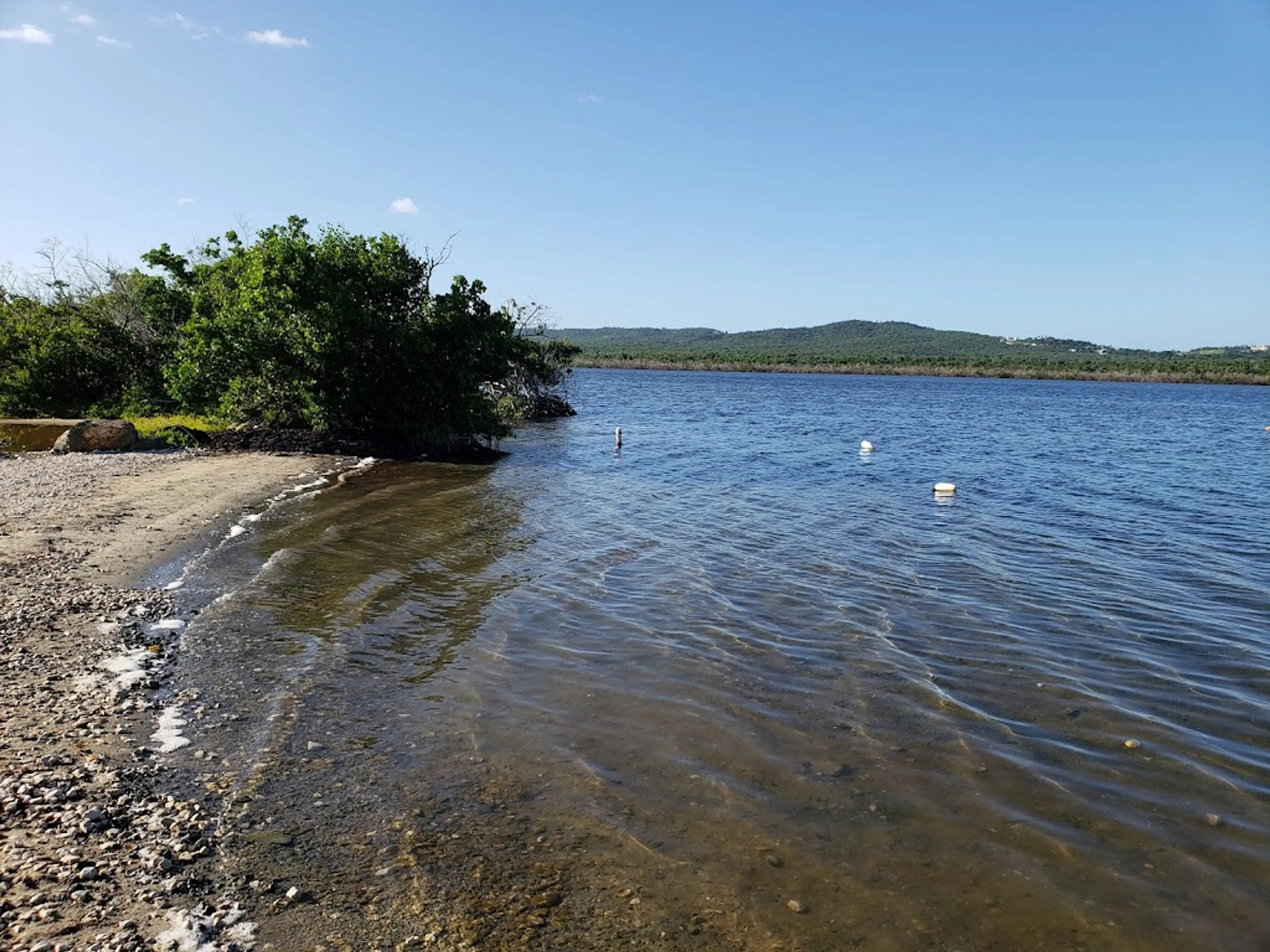
3bioluminescent bay tour
A tour of the bioluminescent bay where you can see the water glow in the dark.
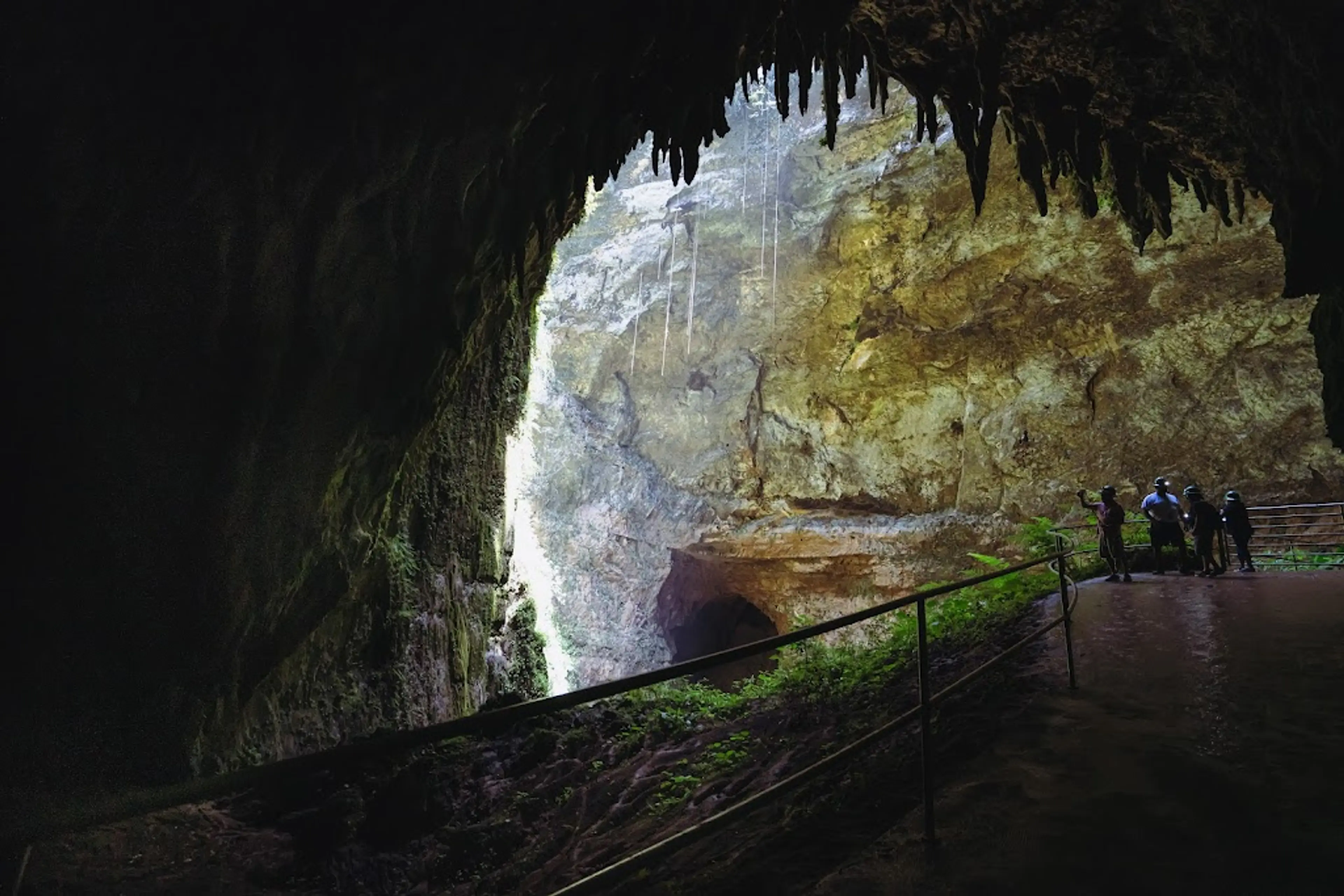
4Rio Camuy Cave Park
One of the world's largest cave networks, featuring a subterranean river.
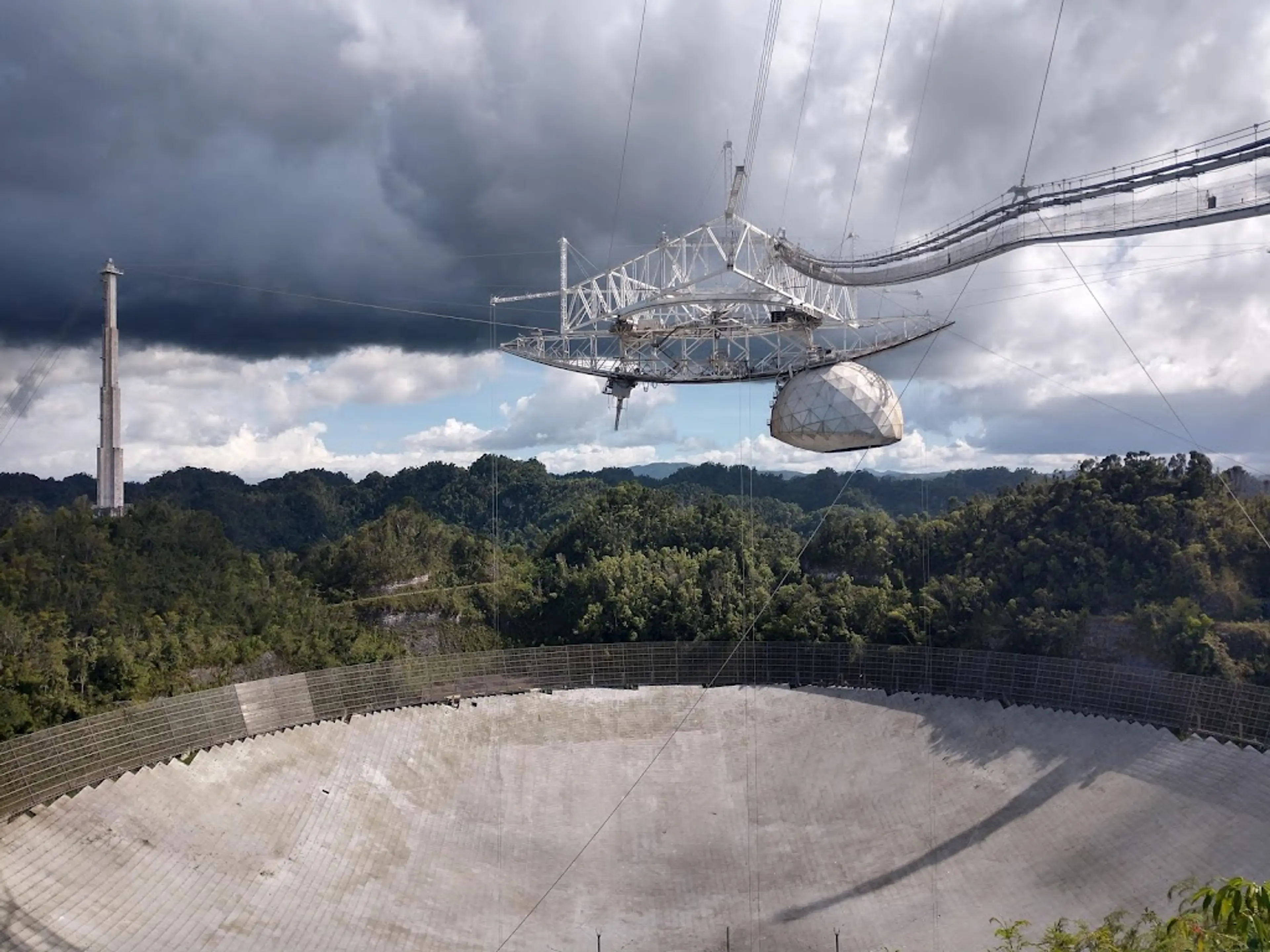
5Arecibo Observatory
The Arecibo Observatory is a radio telescope in the municipality of Arecibo. It's one of the world's largest single-aperture telescopes, used for various areas of science including radio astronomy and atmospheric science.
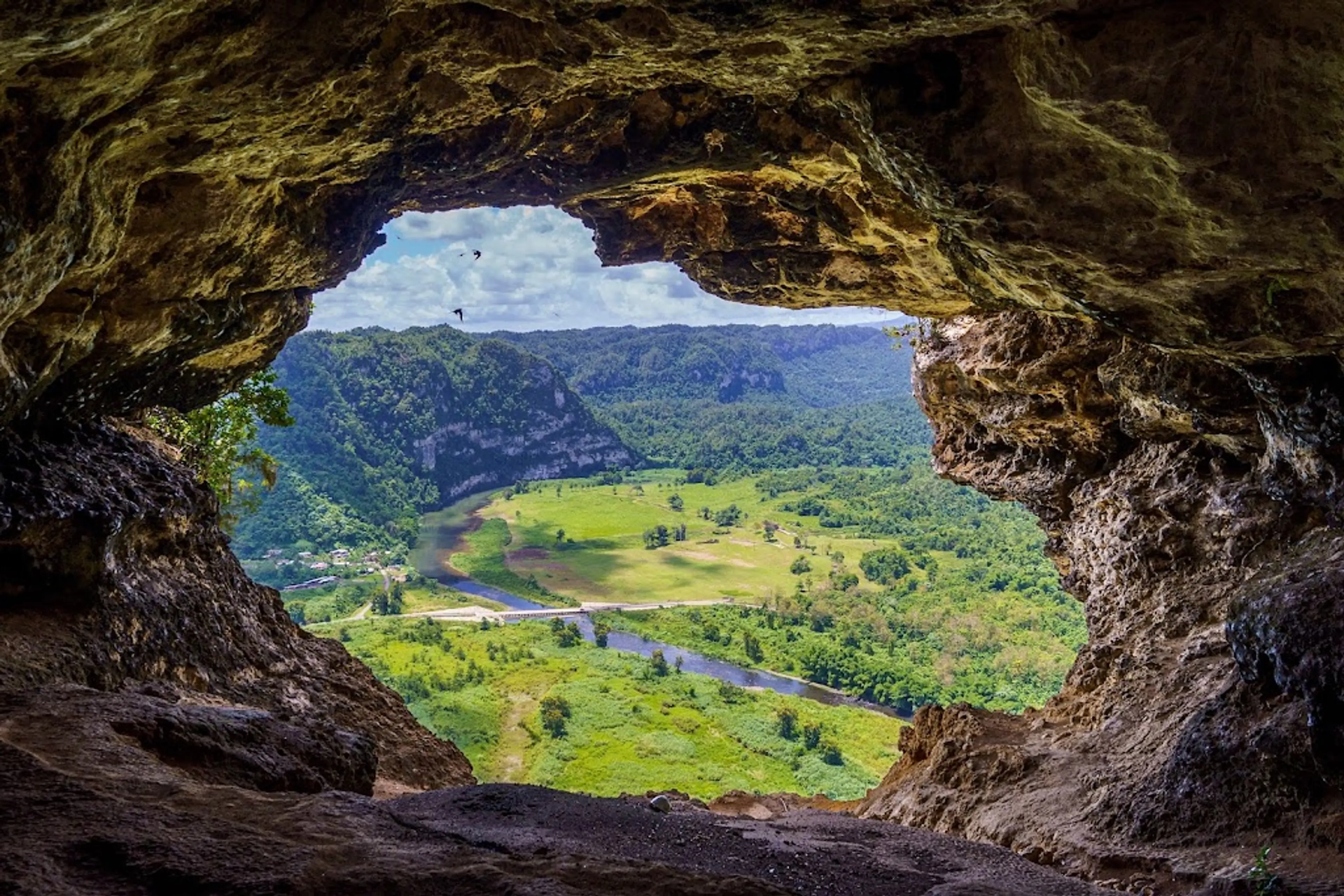
6Cueva Ventana
Cueva Ventana is a large cave situated atop a limestone cliff in Arecibo, Puerto Rico. The cave overlooks the Río Grande de Arecibo valley and offers stunning views.
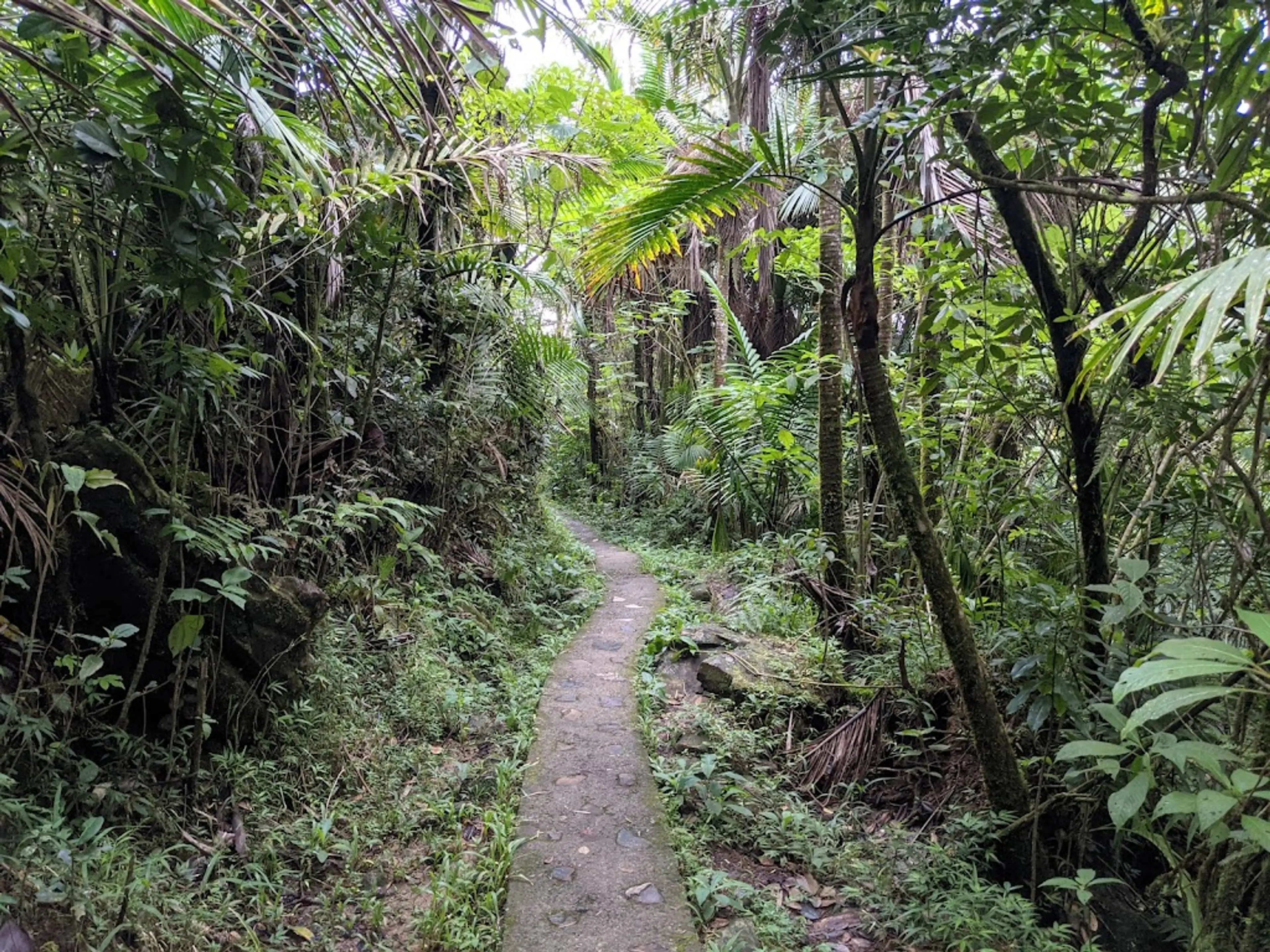
7El Yunque National Forest
El Yunque National Forest is a tropical rainforest in northeastern Puerto Rico. It's known for its biodiversity and beautiful waterfalls.
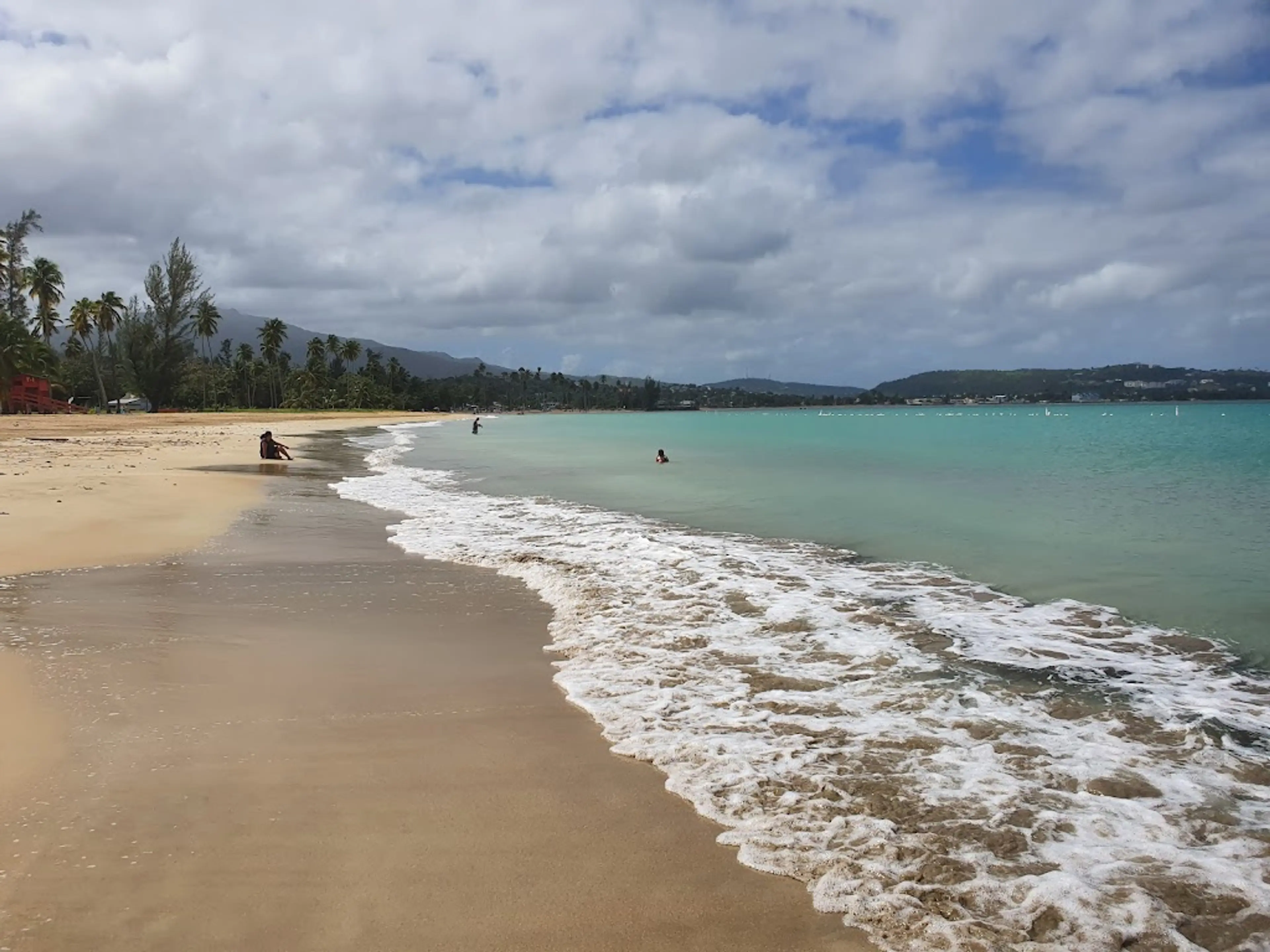
8Luquillo Beach
A beautiful beach known for its calm waters and golden sand.
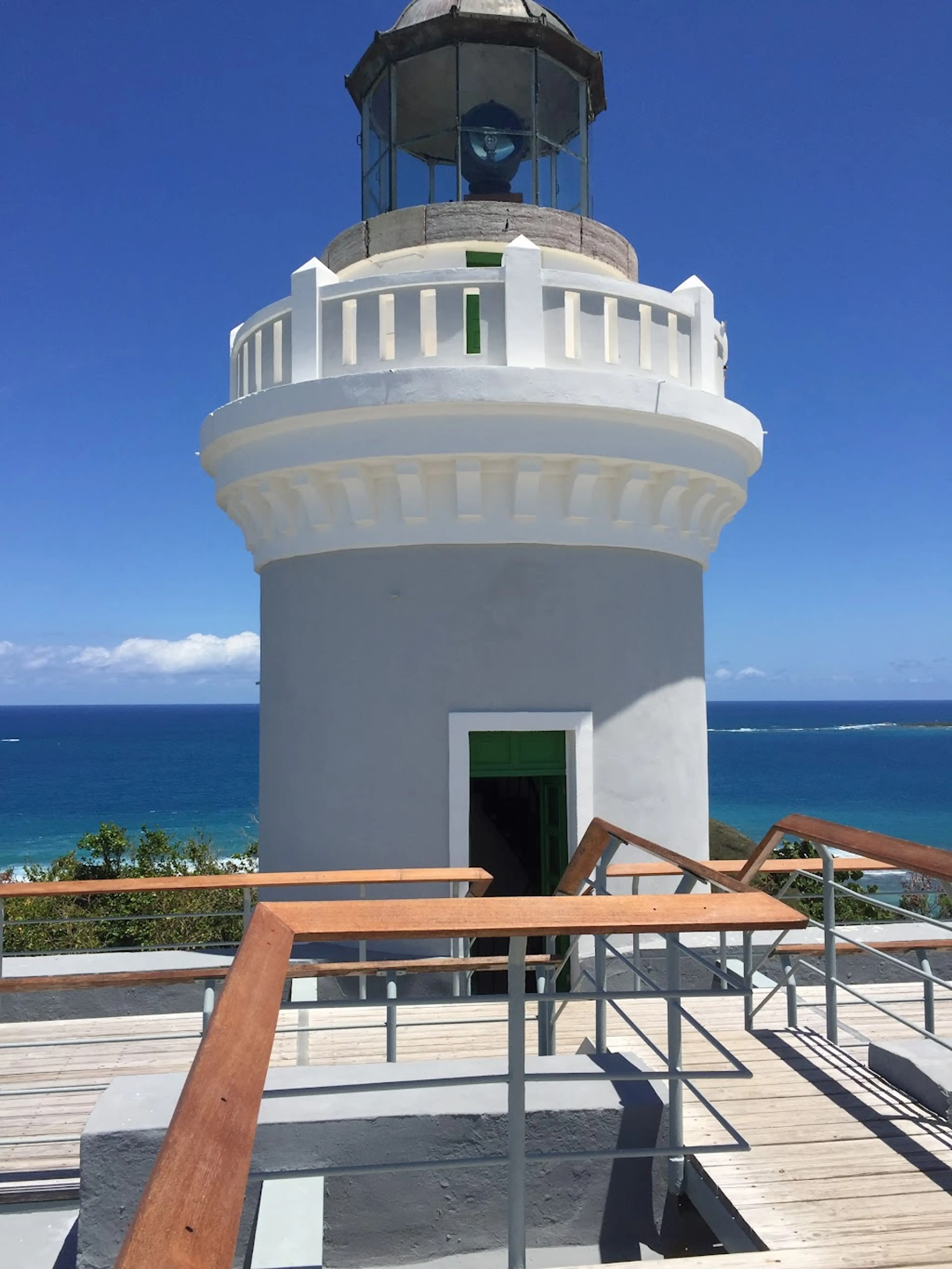
9Fajardo Lighthouse
The Fajardo Lighthouse, officially known as Cape San Juan Light, is a historic lighthouse located in Fajardo, Puerto Rico. It's one of the oldest lighthouses in Puerto Rico and offers stunning views of the surrounding area, including the sea and nearby islands. It's a must-visit for anyone interested in history, architecture, or simply enjoying beautiful views.
Local Food and Drinks (12)

Mofongo
A popular Puerto Rican dish made from fried plantains as its main ingredient. The plantains are picked green and fried then mashed with salt, garlic, broth, and olive oil in a wooden pilón, a kitchen device also known as mortar and pestle.
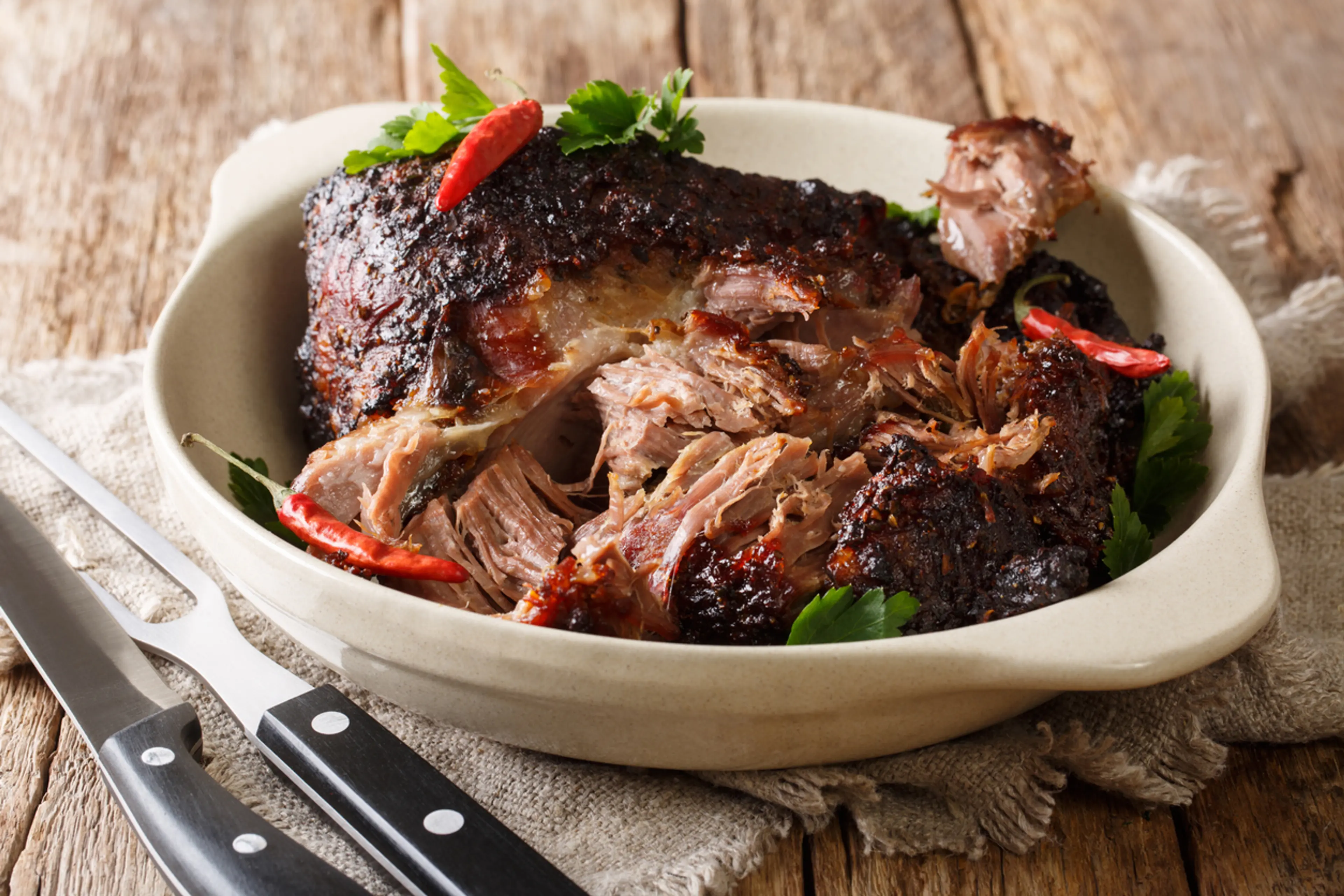
Lechón Asado
A traditional Puerto Rican dish, it's a whole pig roasted over charcoal for several hours. The result is a tender, flavorful pork with crispy skin, often served with rice and beans.
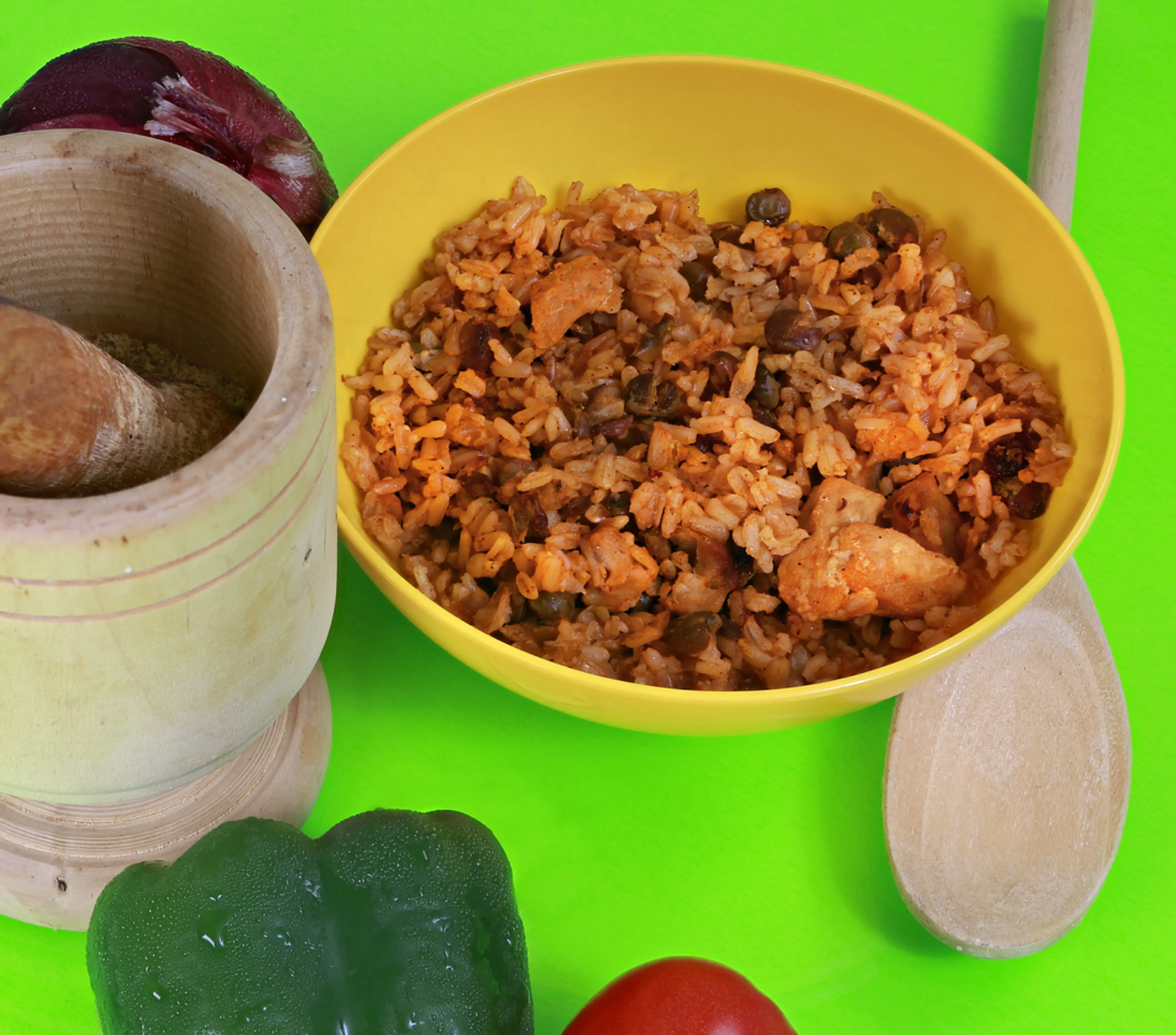
Arroz con Gandules
This is the national dish of Puerto Rico, made with pigeon peas and rice. It's a staple dish during Christmas season but also enjoyed year-round.

Pastelón
Often referred to as Puerto Rican lasagna, Pastelón is a sweet-and-salty dish, layered with sweet plantains, ground beef, and cheese.
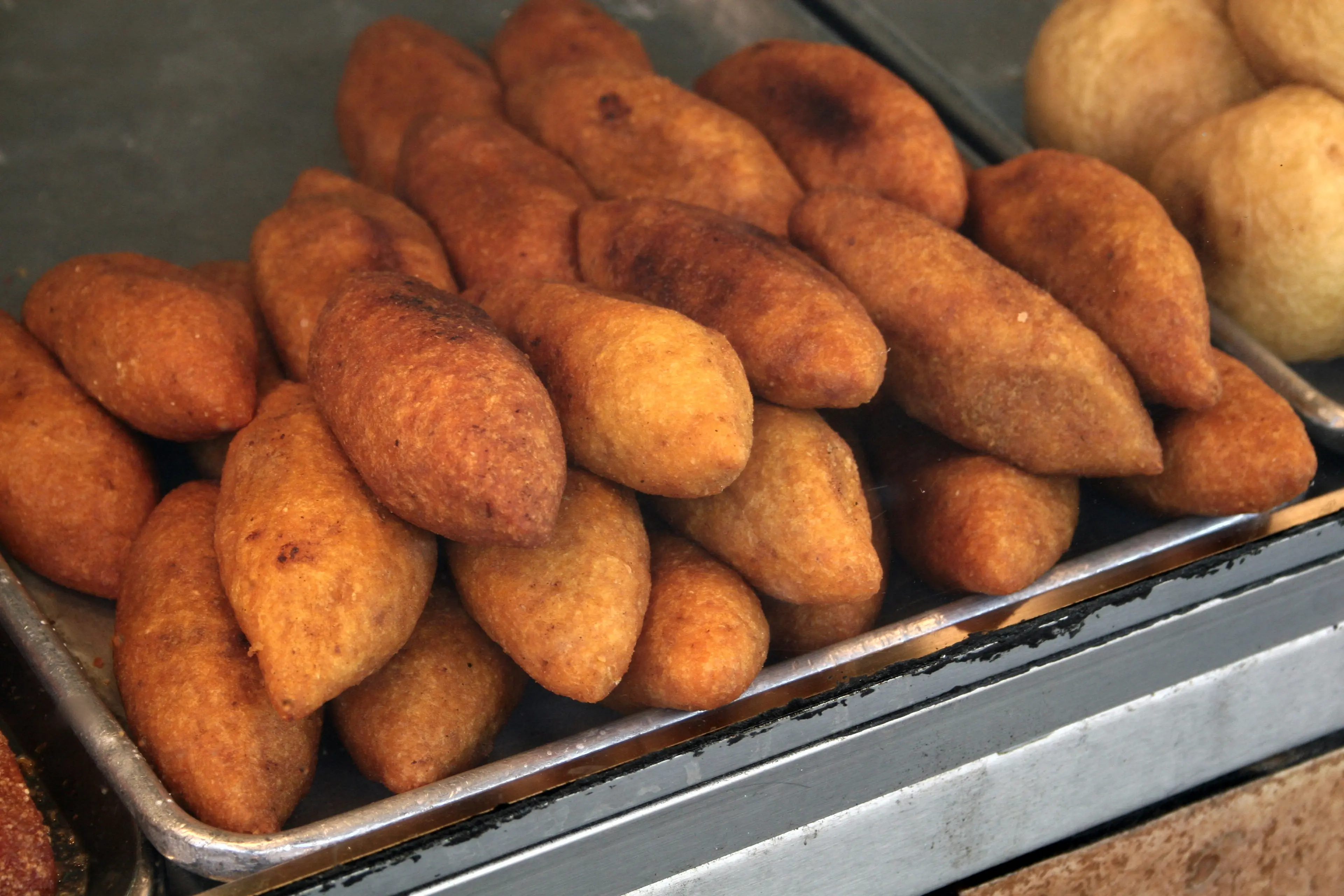
Alcapurrias
These are deep-fried fritters made from a mixture of grated yautía (taro root) and green bananas, and stuffed with meat. They are a popular street food in Puerto Rico.
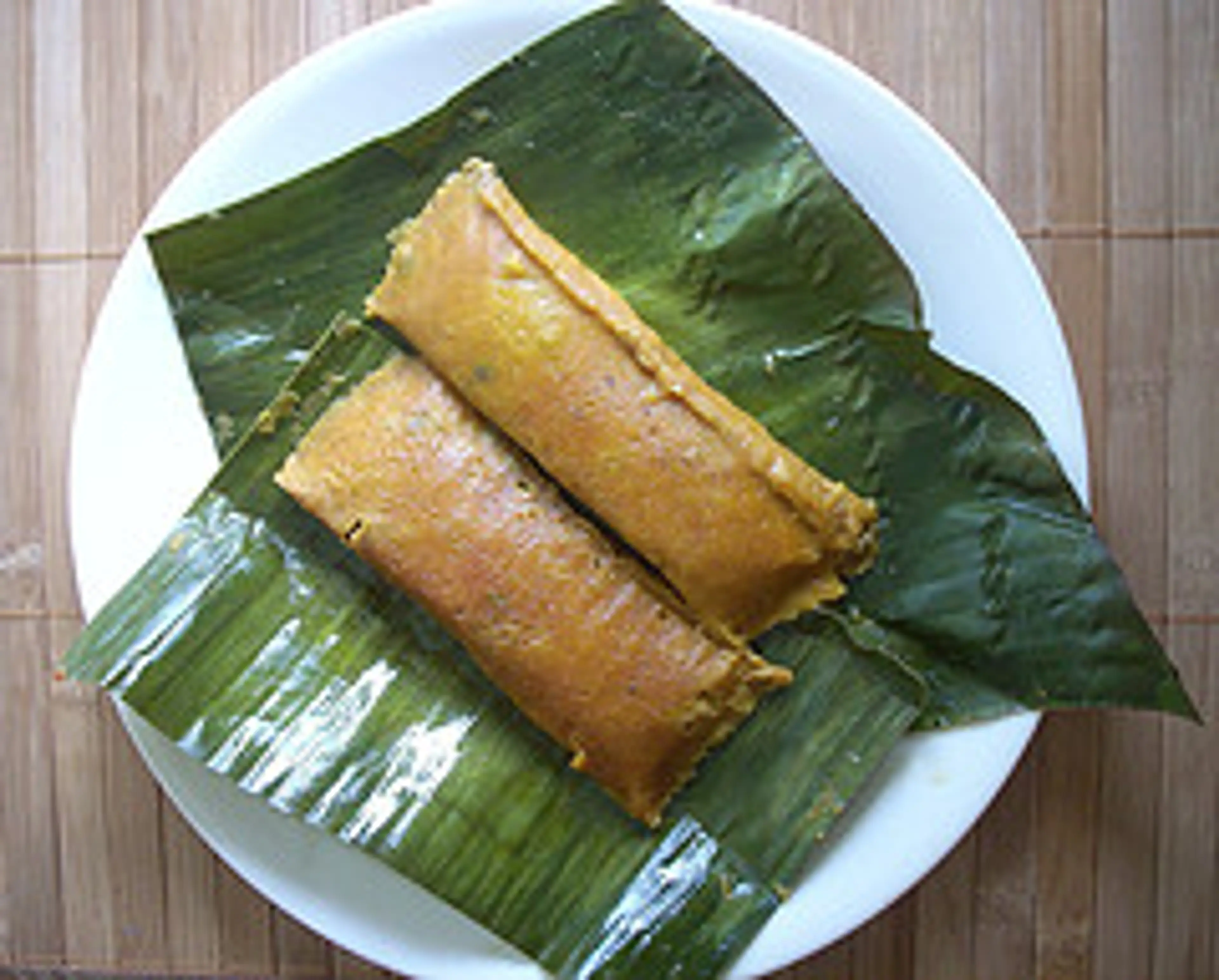
Pasteles
A traditional Puerto Rican dish typically served during the Christmas season. It's made of a masa (dough) filled with a variety of ingredients like pork, chickpeas, and olives, then wrapped in banana leaves and boiled.
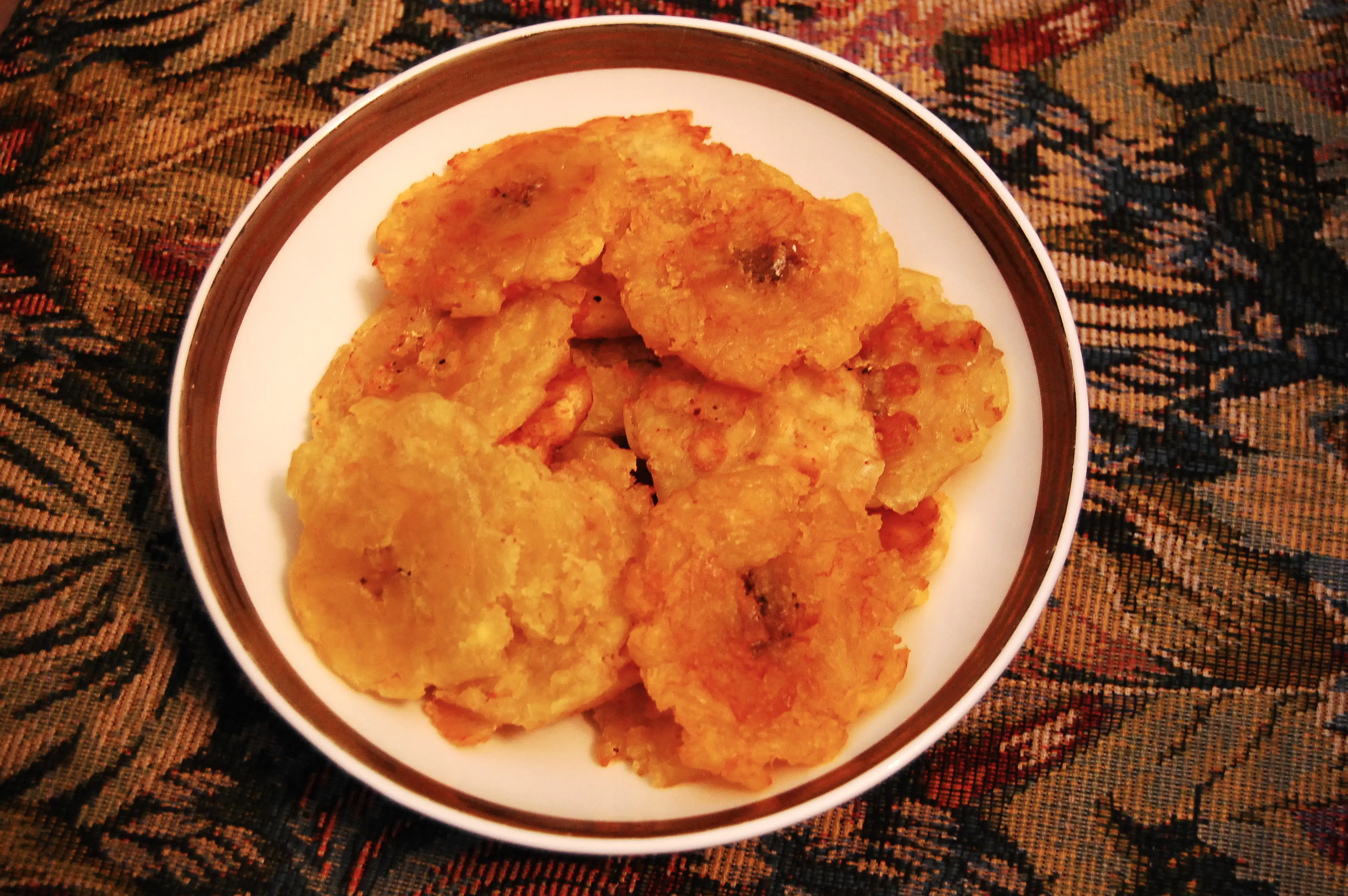
Tostones
These are twice-fried plantain slices, a popular side dish in Puerto Rico. They are salted and often paired with a garlic dip.

Coquito
A traditional Puerto Rican drink, often called Puerto Rican eggnog. It's made with rum, coconut milk, sweet condensed milk, vanilla, cinnamon, and cloves. It's especially popular during the Christmas season.
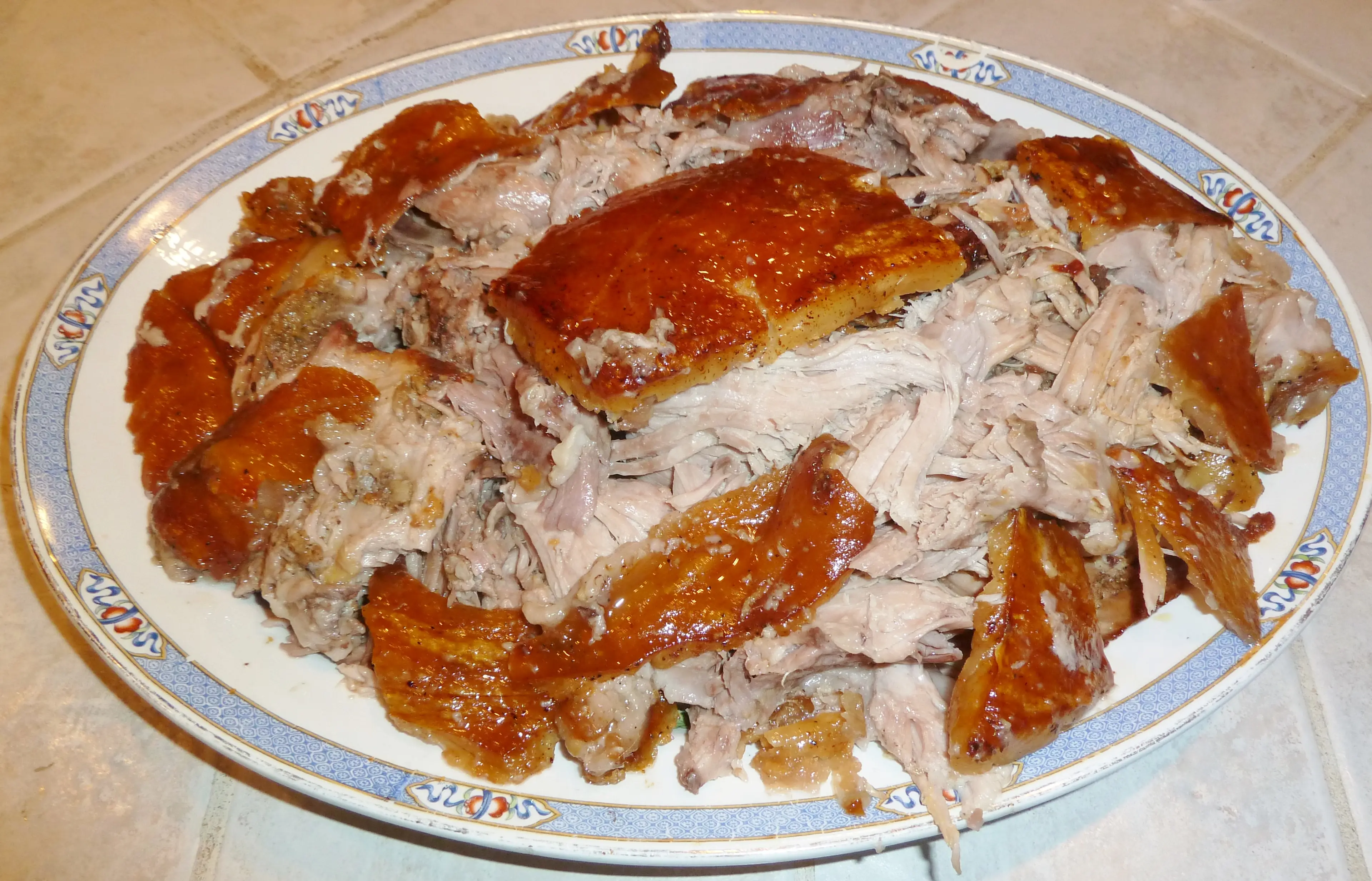
Pernil
A slow-roasted marinated pork shoulder, it's a traditional Puerto Rican dish often served during holidays and special occasions.
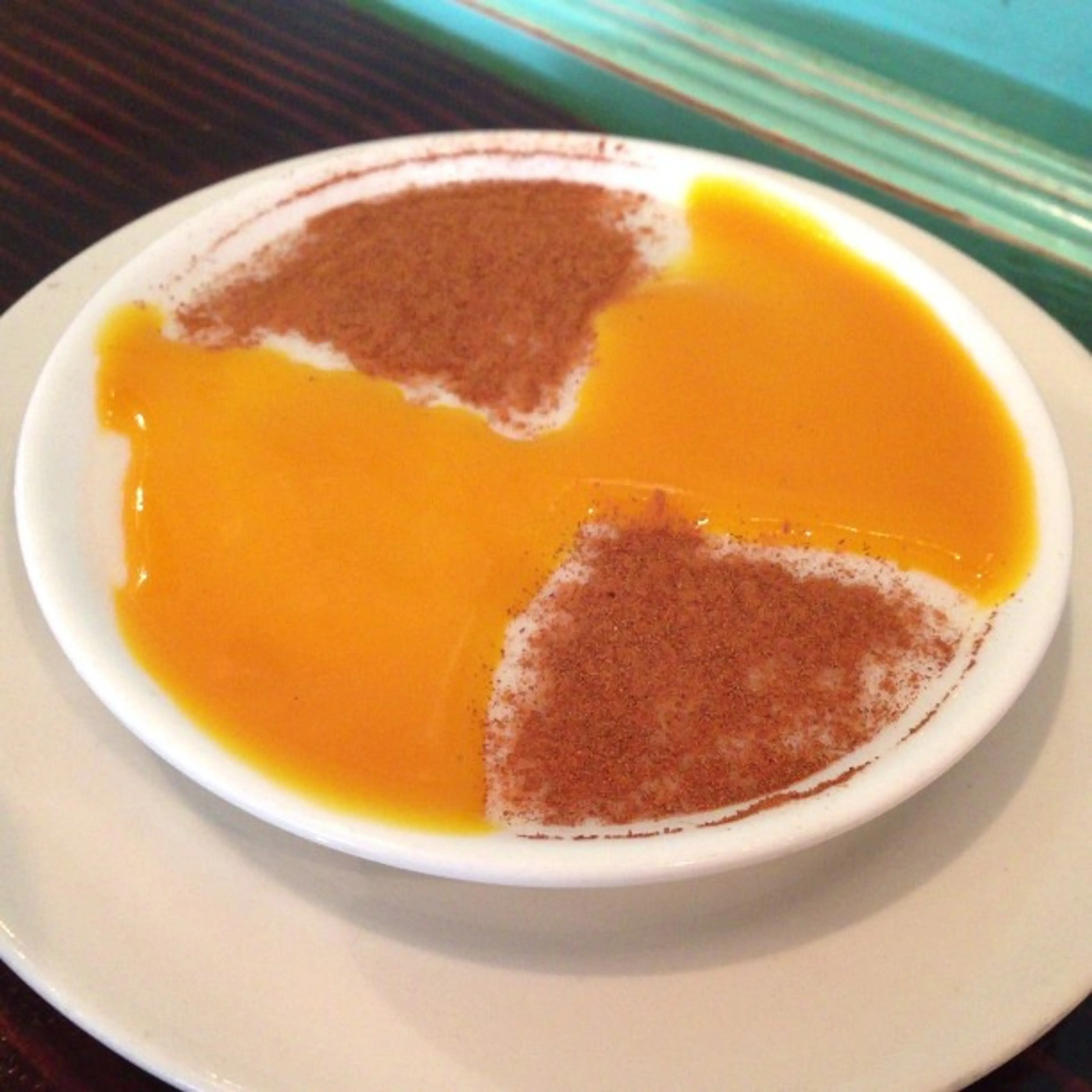
Tembleque
A coconut pudding dessert from Puerto Rico. It's creamy, sweet, and topped with cinnamon.
Sorullitos de Maiz
These are fried cornmeal sticks, often served with a side of mayo-ketchup sauce. They are a popular appetizer or snack in Puerto Rico.
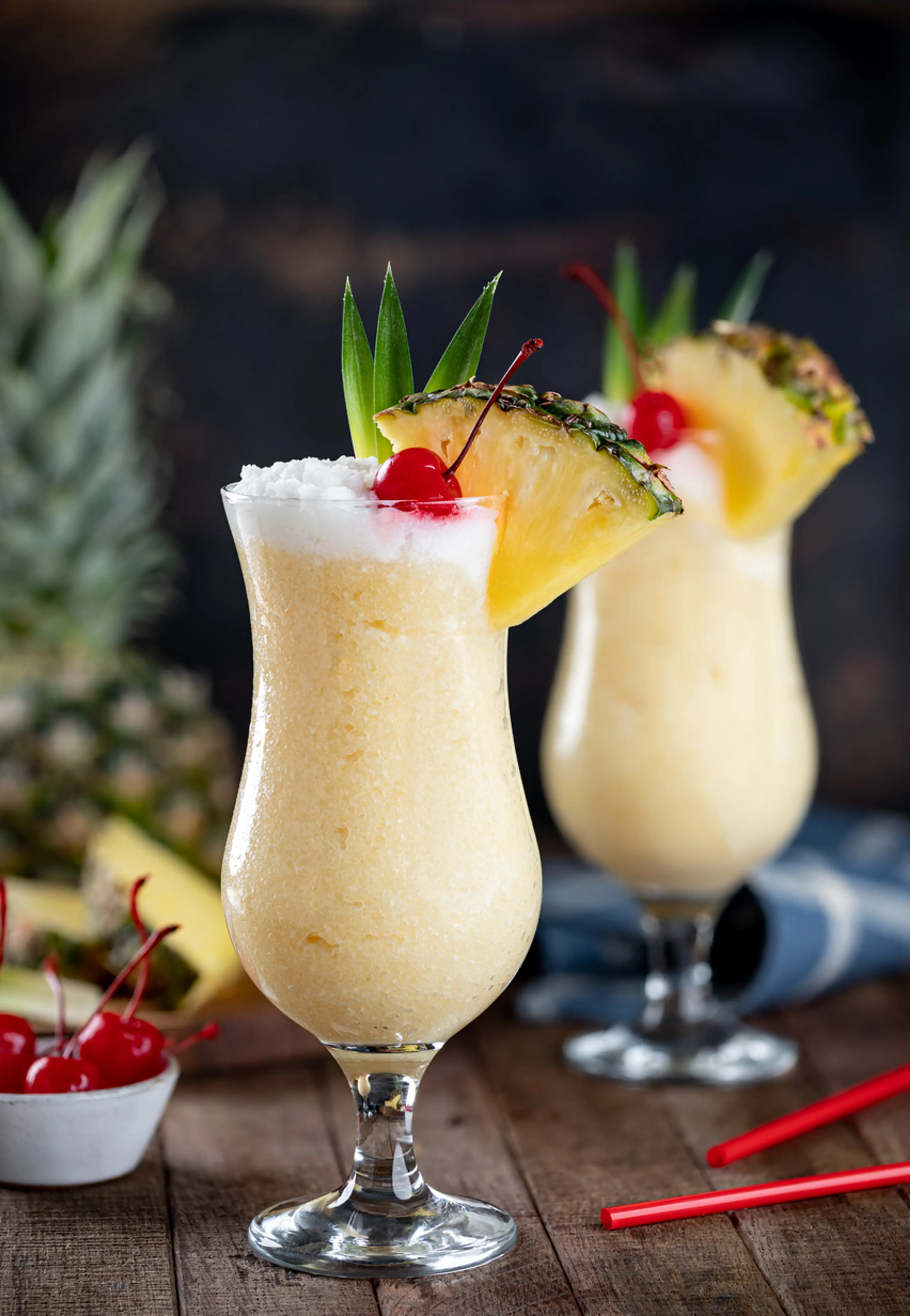
Piña Colada
A sweet cocktail made with rum, coconut cream or coconut milk, and pineapple juice. It's served either blended or shaken with ice. The Piña Colada is known as the national drink of Puerto Rico.
Best time to visit
The best time to visit Puerto Rico as a tourist is generally from mid-April to June, right after the busy winter season and just before the rainy summer. During this period, you'll find room rates are slightly reduced and the weather is at its most pleasant. However, Puerto Rico is a year-round destination due to its tropical climate, so it largely depends on your personal preferences.
How to get around
Rental Car
Renting a car is one of the most convenient ways to get around Puerto Rico. The island has a well-maintained network of highways and roads, making it easy to travel between cities and towns. Most international rental companies have offices at the airport and in major cities.
Public Bus
Public buses, known as 'guaguas', are a cheap way to travel around the main cities in Puerto Rico. However, they can be unreliable and routes are often limited. It's best to use buses for short trips within cities.
Taxi
Taxis are readily available in Puerto Rico's major cities and tourist areas. They operate on a fixed fare system, so it's best to confirm the price before starting your journey. Taxis are a good option for short trips or if you're not comfortable driving.
Ridesharing
Ridesharing services like Uber are available in Puerto Rico, particularly in San Juan and other major cities. This can be a convenient and cost-effective way to get around, especially if you're traveling in a group.
Ferry
Ferries operate between the main island and Puerto Rico's smaller islands, such as Vieques and Culebra. This is a scenic and relaxing way to travel, but schedules can be subject to change due to weather conditions.
Private Transfer
Private transfers can be arranged from the airport to your hotel or other destinations. This is a convenient option if you're traveling with a lot of luggage or prefer not to drive.
Bicycle
In some areas, particularly in San Juan, bicycles are available for rent. This is a fun and eco-friendly way to explore the local area, but may not be practical for longer distances or trips outside the city.
Foot
Many of Puerto Rico's cities, including Old San Juan, are best explored on foot. This allows you to take in the sights at your own pace and discover hidden gems that you might miss when traveling by car or bus.
Important information
Currency$ USD
Time zoneUTC-4
Driving sideRight
Emergency phone911
Drinking waterYes
Power sockets
Voltage120 V
Things to know about Puerto Rico as a first time visitor
1
Puerto Rico is a U.S. territory, so U.S. citizens do not need a passport to travel there.
2
The official languages of Puerto Rico are Spanish and English, but Spanish is more widely spoken.
3
The currency used in Puerto Rico is the U.S. dollar.
4
Puerto Rico operates on Atlantic Standard Time, which is one hour ahead of Eastern Standard Time.
5
The island has a tropical climate, with average temperatures ranging from 70-80 degrees Fahrenheit (21-27 degrees Celsius).
6
Hurricane season in Puerto Rico runs from June to November.
7
Tipping in Puerto Rico is customary and similar to the U.S., with 15-20% being standard for restaurants.
8
Public transportation in Puerto Rico is limited, so renting a car can be a good option for getting around.
9
Driving in Puerto Rico can be challenging due to aggressive local driving habits and poorly maintained roads.
10
The legal drinking age in Puerto Rico is 18.
11
Tap water in Puerto Rico is safe to drink.
12
Puerto Rico uses the same electrical outlets as the U.S., so no adapter is needed for U.S. visitors.
13
Cell phone service in Puerto Rico is generally good, especially in urban areas.
14
Healthcare facilities in Puerto Rico are of a high standard, but it's recommended to have travel insurance.
15
Puerto Rico has a high sales tax rate of 11.5%.
16
The island is known for its vibrant nightlife, especially in San Juan.
17
Puerto Rican cuisine is a blend of Spanish, African, and Taino influences.
18
Casual beachwear is acceptable in most places, but some restaurants and clubs may require more formal attire.
19
Puerto Rico has a high crime rate, so it's important to take precautions such as not displaying expensive items and avoiding certain areas at night.
20
It's customary to greet people with a handshake, and close friends and family often greet with a kiss on the cheek.
Basic Spanish and English to know as a first time visitor
English phrase | Native phrase | Pronunciation | When to use it |
|---|---|---|---|
Hello | Hola | oh-la | Greeting someone |
Goodbye | Adiós | ah-dee-ohs | Leaving or saying goodbye to someone |
Please | Por favor | por fa-vor | Making a request |
Thank you | Gracias | gra-see-as | Expressing gratitude |
Yes | Sí | see | Agreeing or confirming |
No | No | no | Disagreeing or denying |
Excuse me | Perdón | per-don | Getting attention or apologizing |
I'm sorry | Lo siento | lo see-en-to | Apologizing |
Do you speak English? | ¿Hablas inglés? | ah-blas in-gles | Asking if someone speaks English |
I don't understand | No entiendo | no en-tee-en-do | Expressing confusion or misunderstanding |
Where is the bathroom? | ¿Dónde está el baño? | don-de es-ta el ban-yo | Asking for directions |
How much does it cost? | ¿Cuánto cuesta? | quan-to cues-ta | Asking the price of something |
I would like... | Me gustaría... | me gus-ta-ree-a | Expressing a desire or preference |
Help! | ¡Ayuda! | a-yu-da | In an emergency or needing assistance |
Can I have the menu, please? | ¿Puedo tener el menú, por favor? | pwe-do te-ner el me-nu, por fa-vor | At a restaurant |
Water | Agua | a-gua | Ordering a drink or asking for water |
Beer | Cerveza | ser-ve-za | Ordering a drink |
Cheers! | ¡Salud! | sa-lud | Making a toast |
Taxi | Taxi | taxi | Transportation |
Hotel | Hotel | o-tel | Accommodation |
Packing List
Clothing
Lightweight clothing
Swimwear
Beach cover-up
Underwear
Socks
Sleepwear
Comfortable walking shoes
Sandals or flip-flops
Hat for sun protection
Sunglasses
Light rain jacket or umbrella
Toiletries
Toothbrush and toothpaste
Deodorant
Shampoo and conditioner
Body wash or soap
Razor and shaving cream
Sunscreen
Aftersun lotion or aloe vera
Insect repellent
Makeup and makeup remover
Personal hygiene items
Prescription medications
First-aid kit
Travel documents and essentials
Passport or ID
Airline tickets
Hotel reservation confirmation
Travel insurance documents
Emergency contacts and addresses
Credit and debit cards
Cash in local currency
Guidebook or map
Electronics and gadgets
Smartphone
Charger for smartphone
Power bank
Camera
Charger for camera
Headphones or earbuds
Travel adapter
Miscellaneous items
Snacks
Reusable water bottle
Books or e-reader for the flight
Travel pillow and blanket
Earplugs and eye mask
Beach bag
Beach towel
Snorkeling gear
Weather Conditions
Puerto Rico enjoys a tropical marine climate with an average year-round temperature of 80°F (27°C). However, the weather can vary depending on the region and the time of year. The island experiences two main seasons: the dry season, which runs from December to April, and the rainy season, which runs from May to November. If you're planning to visit during the dry season, you can expect warm, sunny days with temperatures ranging from 70°F to 85°F (21°C to 29°C). This is the best time for outdoor activities like hiking, beach hopping, and exploring the historic sites. During the rainy season, the island receives most of its annual rainfall. While the temperatures remain relatively warm, ranging from 75°F to 88°F (24°C to 31°C), the frequent showers can disrupt outdoor activities. However, the rain usually comes in short, intense bursts, followed by sunshine. It's a good idea to pack a light rain jacket or umbrella if you're visiting during this season. Regardless of when you visit, it's important to remember that Puerto Rico is located in the hurricane belt. The hurricane season officially runs from June to November, with the peak period being from August to October. While the chances of a hurricane hitting during your visit are relatively low, it's always a good idea to check the forecast and be prepared. In terms of what to wear, light, breathable clothing is recommended year-round due to the island's humid climate. Don't forget to pack a hat, sunglasses, and plenty of sunscreen to protect yourself from the strong Caribbean sun. Lastly, if you're planning to explore the El Yunque National Forest or other high-altitude areas, keep in mind that temperatures can be significantly cooler, with averages between 60°F and 75°F (16°C to 24°C). A light sweater or jacket may be necessary for these excursions. Remember, the weather can change quickly in Puerto Rico, so it's always a good idea to check the local forecast before heading out for the day.
| Month | Hi / Lo (°C) | Weather Overview |
|---|---|---|
January | 29° / 21° | January is a pleasant month to visit Puerto Rico, with temperatures ranging from 21°C to 29°C. It's a great time for beach activities and exploring the island. |
February | 29° / 21° | February is similar to January, with temperatures between 21°C and 29°C. It's a perfect time for outdoor activities and sightseeing. |
March | 30° / 22° | March sees a slight increase in temperature, ranging from 22°C to 30°C. It's an ideal time for water sports and hiking. |
April | 31° / 23° | April is a warm month with temperatures between 23°C and 31°C. It's a great time to visit the beaches and enjoy the local festivals. |
May | 32° / 24° | May marks the beginning of the rainy season, with temperatures ranging from 24°C to 32°C. However, it's still a good time for indoor activities and exploring the local culture. |
June | 33° / 25° | June is a hot month, with temperatures between 25°C and 33°C. Despite the heat, it's a good time for water activities and enjoying the nightlife. |
July | 33° / 25° | July is similar to June, with temperatures ranging from 25°C to 33°C. It's a perfect time for beach activities and exploring the rainforest. |
August | 33° / 25° | August is a hot and humid month, with temperatures between 25°C and 33°C. Despite the humidity, it's a good time for water sports and indoor activities. |
September | 33° / 25° | September is the peak of the hurricane season, with temperatures ranging from 25°C to 33°C. It's advisable to check the weather forecast before planning outdoor activities. |
October | 32° / 24° | October is a rainy month, with temperatures between 24°C and 32°C. However, it's a good time for indoor activities and exploring the local cuisine. |
November | 31° / 23° | November sees a decrease in temperature, ranging from 23°C to 31°C. It's an ideal time for sightseeing and exploring the local culture. |
December | 30° / 22° | December is a pleasant month to visit Puerto Rico, with temperatures ranging from 22°C to 30°C. It's a great time for beach activities and celebrating the festive season. |
Did you know?
Places near by Puerto Rico

Vieques
A beautiful island off the east coast of Puerto Rico known for its stunning beaches and the world's brightest bioluminescent bay.

Culebra
An island municipality of Puerto Rico, known for its wildlife refuge and beautiful beaches like Flamenco Beach.
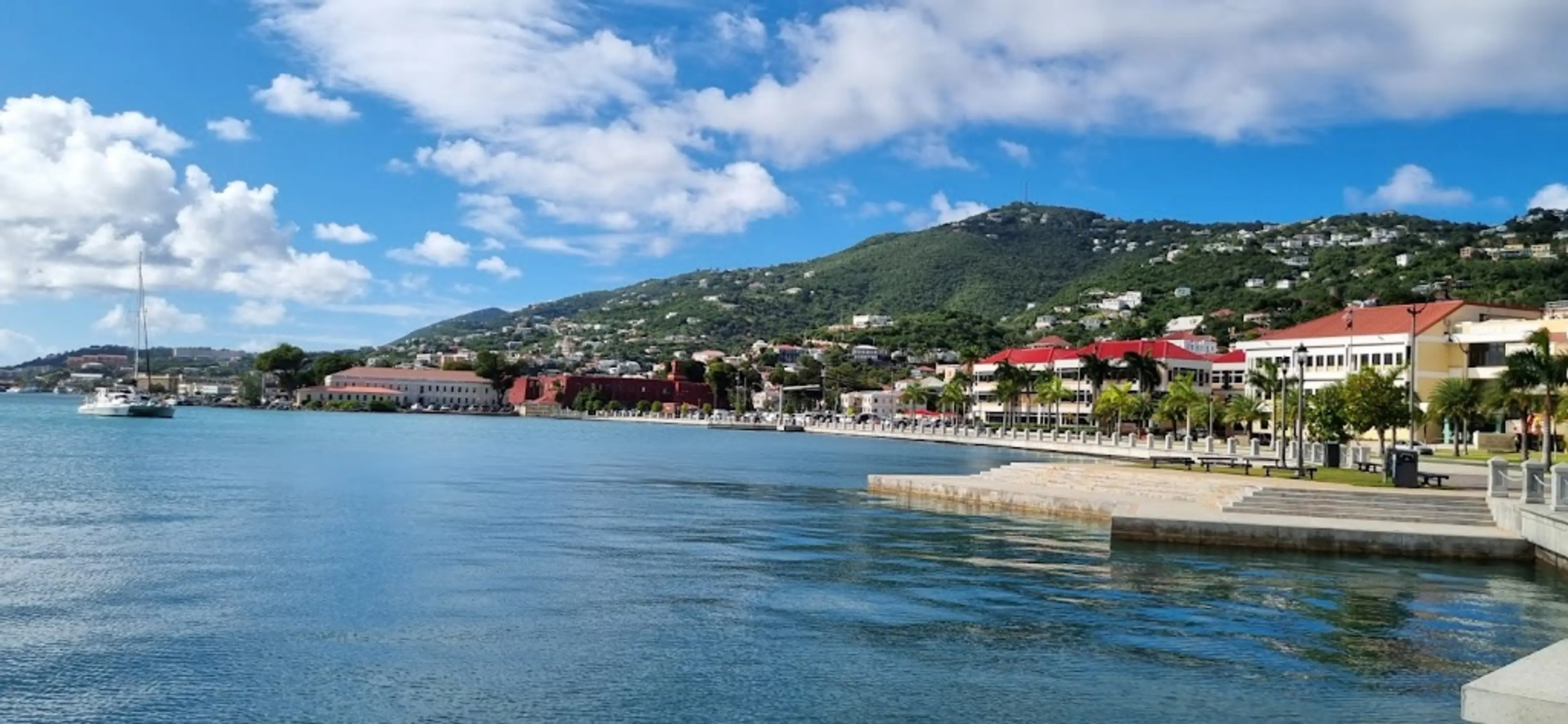
St. Thomas
Part of the U.S. Virgin Islands, known for its beaches and snorkeling spots.

St. John
Smallest of the U.S. Virgin Islands, but it's famous for its well-preserved natural beauty.
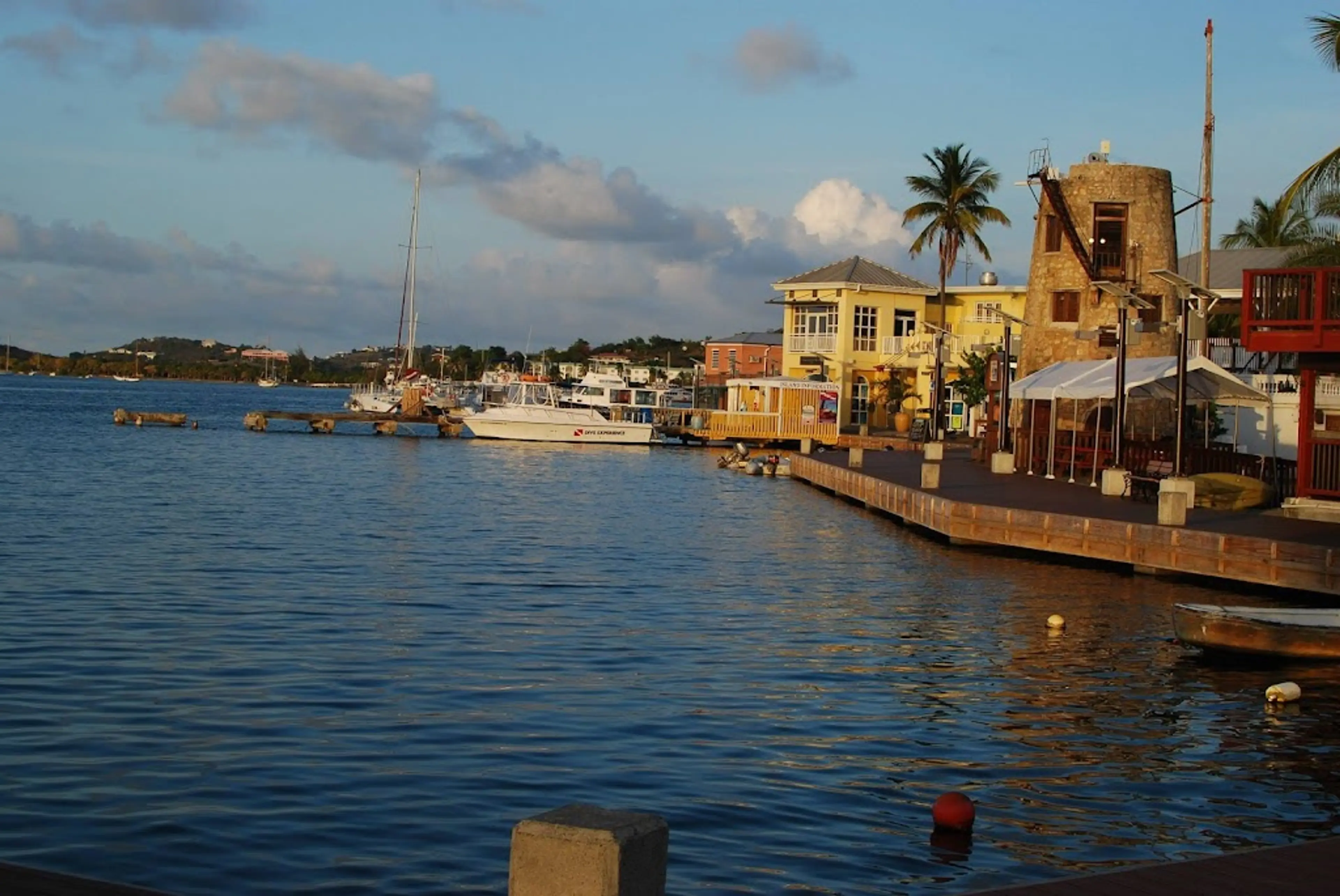
St. Croix
The largest of the U.S. Virgin Islands, known for its sugar plantations and rum distilleries.
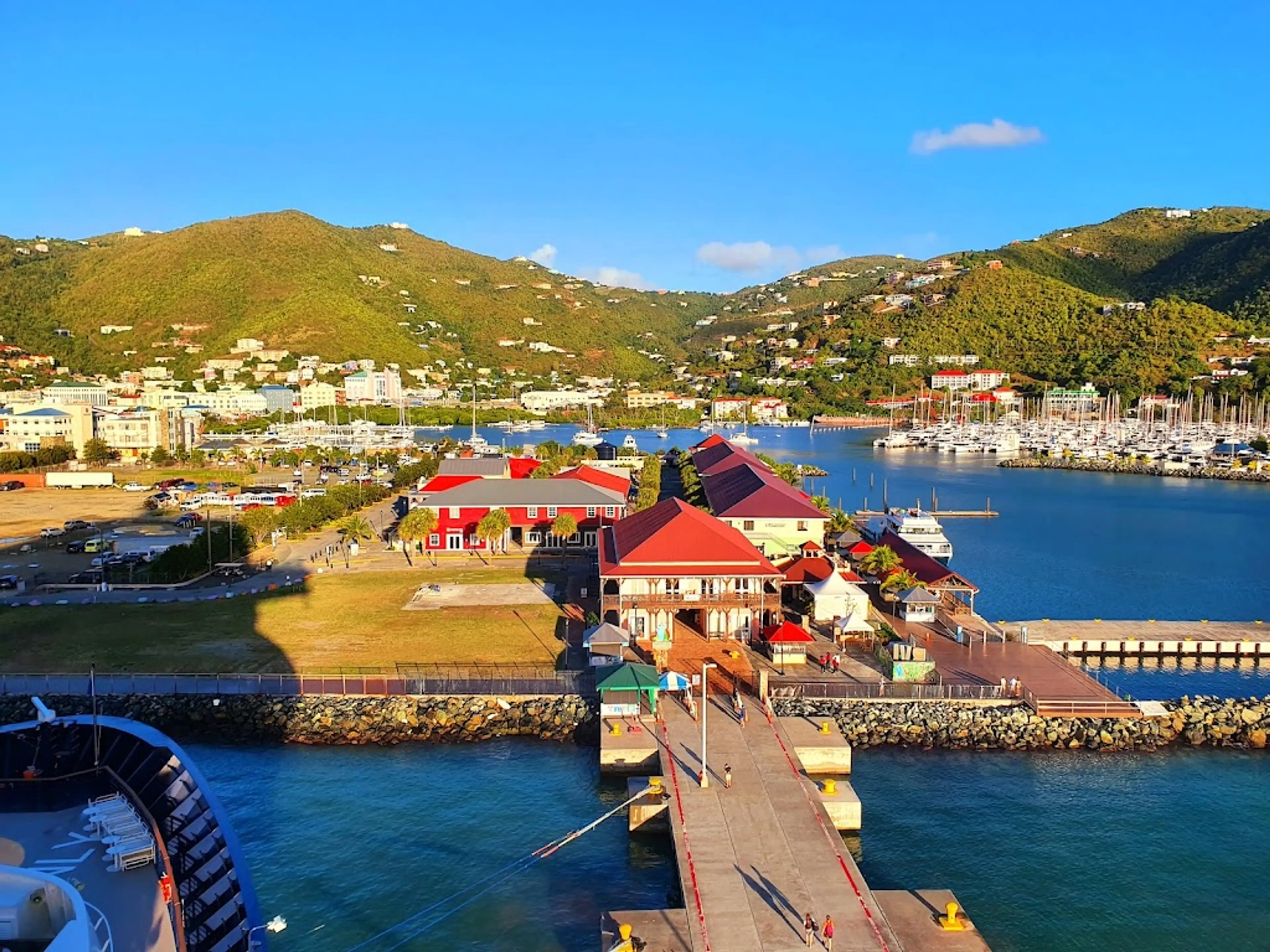
British Virgin Islands
A British overseas territory, known for its reef-lined beaches and as a yachting destination.

Anguilla
A British overseas territory in the Caribbean, known for its coral reefs and white sandy beaches.
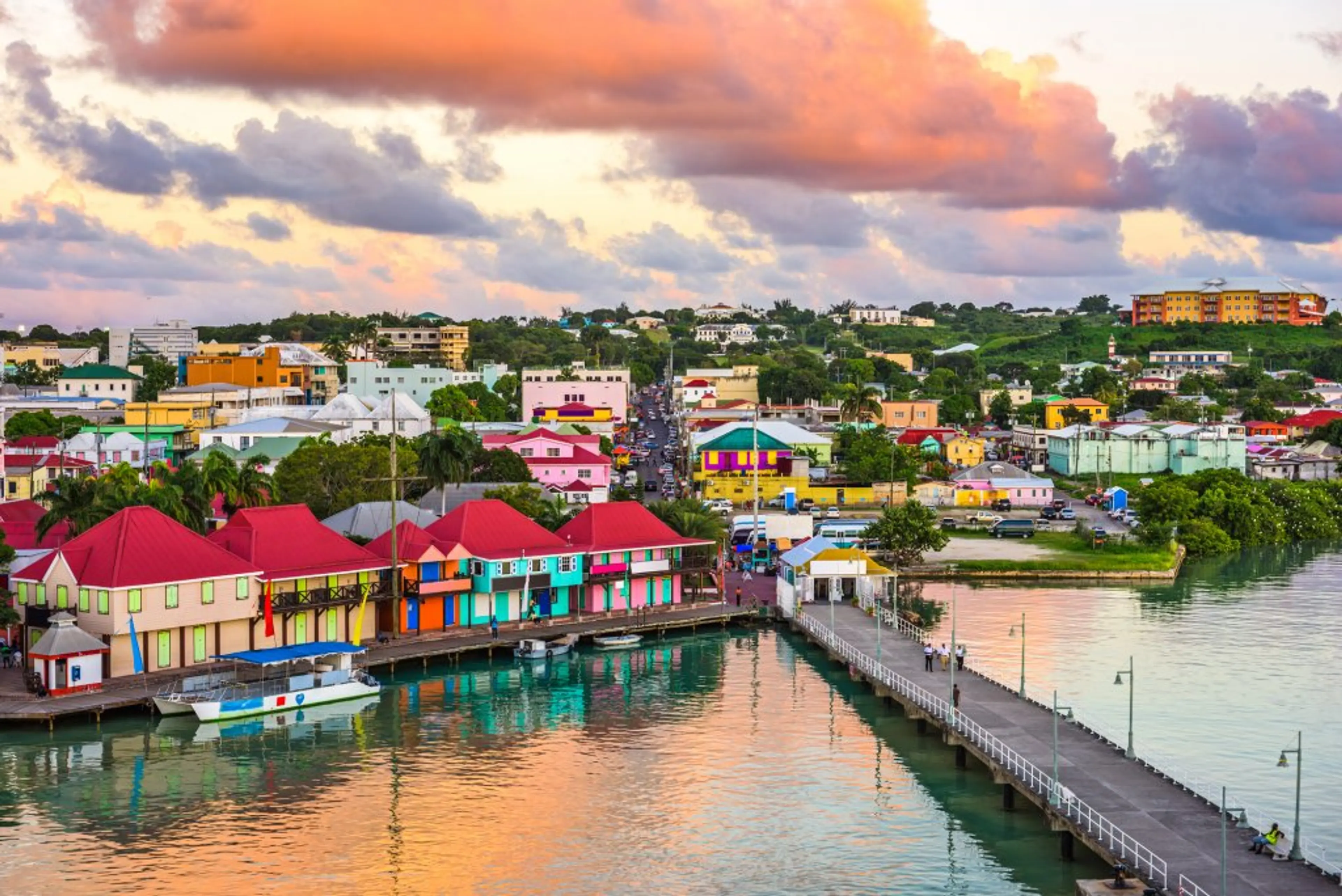
Antigua
Known for its many sandy beaches, including Half Moon Bay and Jolly Beach.

Barbuda
Known for its secluded pink and white sandy beaches, and its frigate bird sanctuary.

St. Martin
An island split between French and Dutch control, known for its vibrant nightlife, beaches, jewelry, drinks made with native rum-based guavaberry liquors, and casinos on the Dutch side.